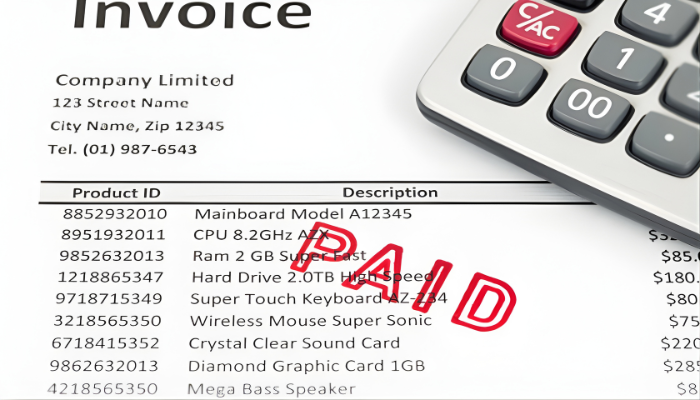
There is a common misconception that factoring is the same as debt collections. They are completely different types of businesses, though both have roles to play. Understanding the differences between the two types of business will tell you whether you need the services of a factoring firm, a collection agency, or both.
For the record, factoring firms do perform collections as part of their business. But, that is only one aspect of their business. A factoring company's core competency is to provide cash flow to client companies who want to reduce the wait time of the billing cycle. Debt collection is just a business service the factor provides to clients.
The Differences Between Factoring Firms and Debt Collection Agencies
Here are seven key differences between factoring firms and debt collection agencies:
- Age of the invoices - Factoring firms purchase new invoices, usually less than 30 days old, with a due date of no more than 90 days. Collection agencies work with invoices that are severely overdue, usually 90 days or more.
- The creditworthiness of the invoices - Factoring firms accept only the invoices which come from creditworthy customers. Collection agencies normally deal with invoices that are severely past due and are unlikely to be paid.
- The money advanced for the invoices - Factoring firms advance up to 90 percent of an invoice's value before any money comes in from the customer. Collection agencies do not advance money. They only pay once they receive payment from the debtor.
- The time span when money is sent - Factoring firms usually transmit the cash advance within 48 hours after receiving the invoices. Collection agencies normally have no time limit. They will only pay when a debtor pays. Then, they transmit the collected money once a month or once a quarter.
- The fees involved - Factoring companies take a factoring fee out of each invoice collected. This fee can range between 3 and 8 percent, depending on the amount of the invoice, the creditworthiness of the customer and how old the invoice is. Collection companies charge anywhere from 25 to 50 percent, depending on the age and size of the invoice.
- The approach taken with debtors - When a factoring firm performs collections, their approach is markedly different from that of a collection agency. The factor's approach is to preserve the good relationship the client has with its customers. They do not use heavy handed collection techniques. They want to get the money collected without antagonizing the customer or damaging their client's reputation. Collection agencies don't have that concern. They will use every legal tactic possible to collect a debt, no matter how it reflects on the client's reputation or customer relations.
- Customized service - Factoring companies focus on improving the cash flow of their clients. The better the cash flow, the more successful both the client and the factoring firm will be. To do this, most factoring firms offer a number of solutions which the client can tailor to its needs. Collection agencies normally offer only debt collection services and provide very little in the way of customization or tailored service.
The Right Choice for Your Company
Which firm is the best choice for your needs: factoring or collections?
The answer depends on what your needs are and what kinds of invoices you have. If you have invoices past due for 90 days or more, those should go to a collection agency. If you have newer invoices and want to generate cash flow, factoring is the best option. You may find that, after reviewing your current A/R accounts, that you need both.
Knowing the differences between factoring and collections will allow you to make an informed decision on what is best for your business.

















